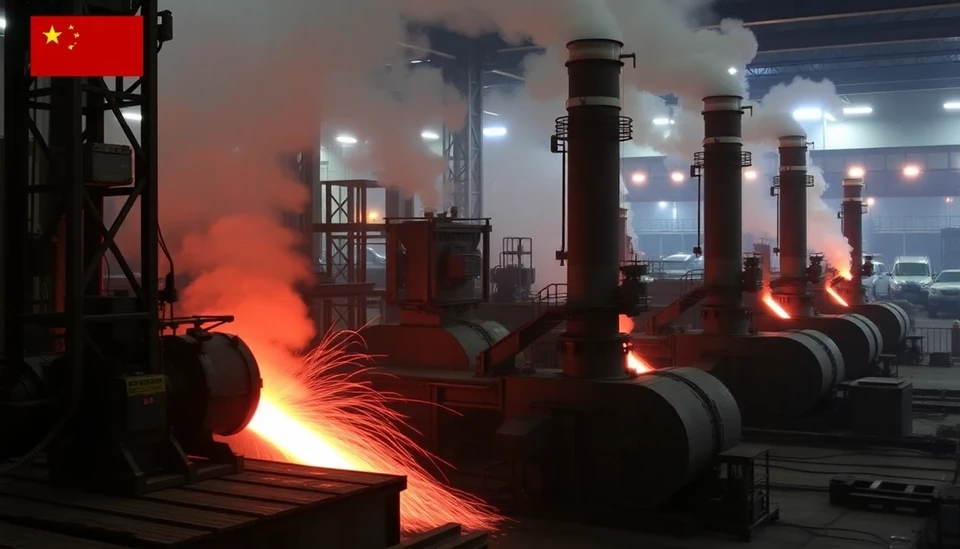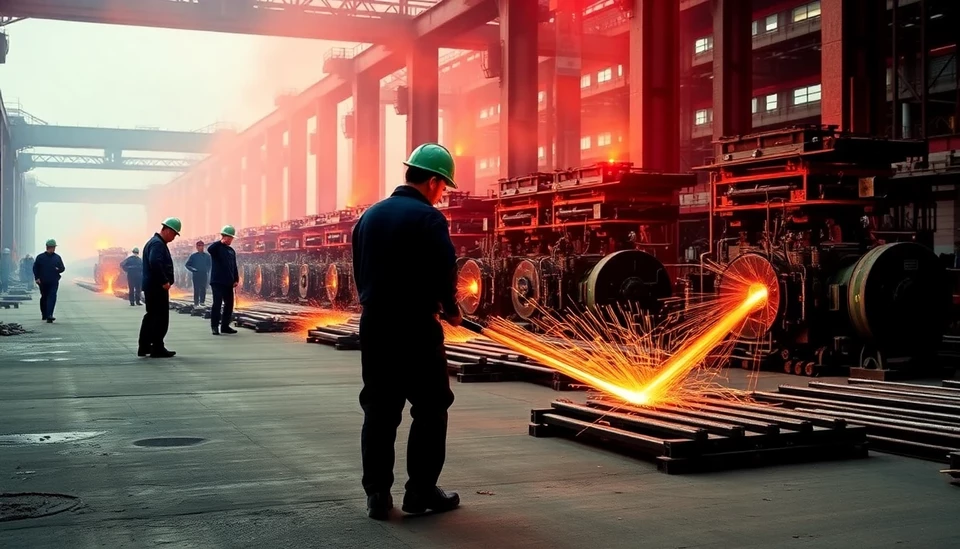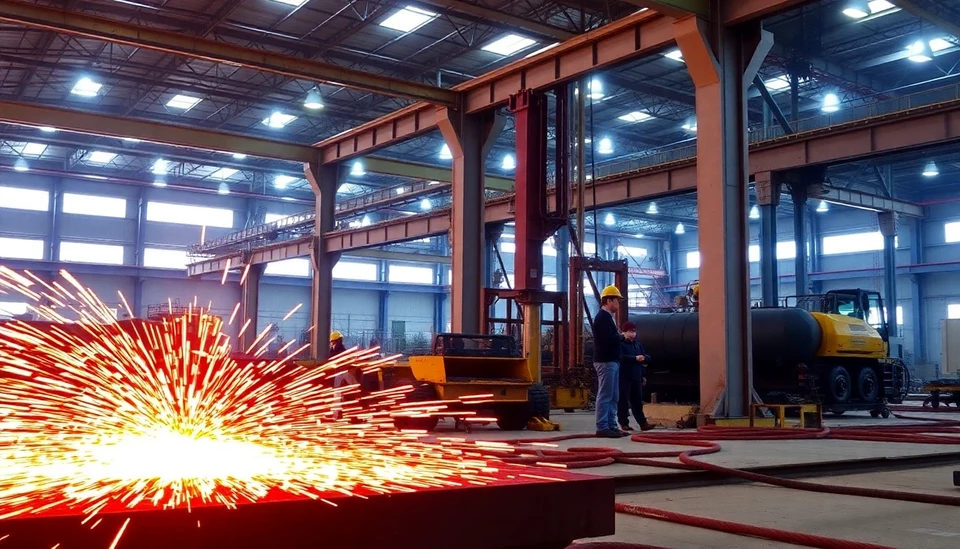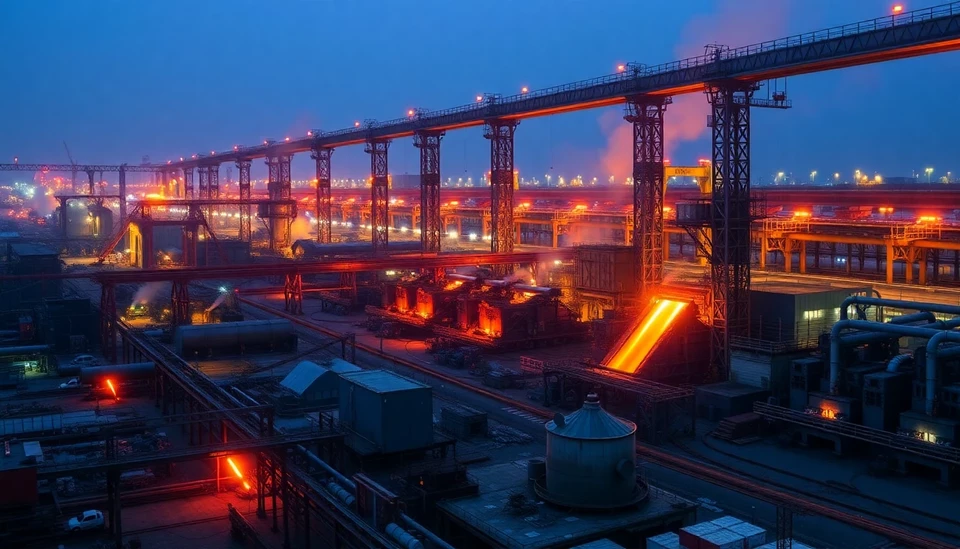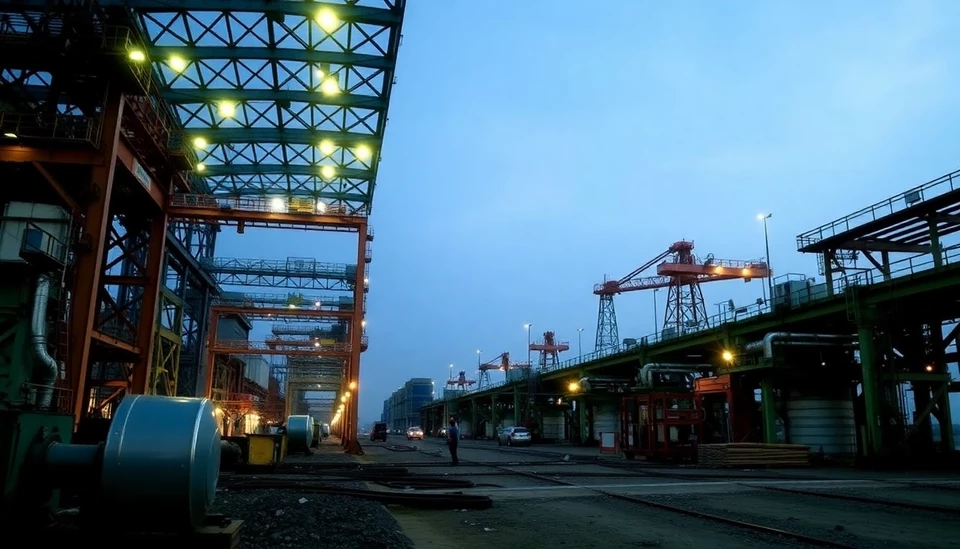
In a significant move following the Chinese government's recent commitments to reducing carbon emissions, several steel manufacturers in China have announced plans to cut production. This decision comes as part of broader efforts to align with national policies aimed at achieving peak carbon emissions by 2030 and carbon neutrality by 2060.
The steel industry, which is one of the largest contributors to CO2 emissions in China, has faced increasing pressure from local authorities to adopt greener practices. Companies such as Baoshan Iron & Steel Co. and Hebei Iron & Steel Group have initiated measures to scale back output in response to the government's pledges. They are re-evaluating their production strategies to enhance energy efficiency and reduce their carbon footprint.
According to analysts, the cuts in steel production are expected to have a substantial impact on the global steel market. The anticipated decrease in output could lead to tighter supplies, influencing prices for steel and related commodities. This is particularly important given that China is the largest steel producer worldwide, accounting for more than half of the global supply. Thus, changes in Chinese production levels can ripple through the international market.
The reduction in steel output is also in line with the Chinese government's broader economic strategy as it seeks to transform its growth model from one driven by heavy industries to a more sustainable, consumption-oriented approach. Experts suggest that these cuts are part of a longer-term shift towards green energy solutions, which could include increased investments in electric arc furnaces and the use of recycled metals.
Industry observers note that while the intention behind these production cuts aligns with global climate action goals, it raises concerns about economic ramifications and employment within the steel sector. The delicate balance between environmental responsibility and economic growth remains a central theme in China's ongoing industrial policies.
As the government continues to enforce stricter environmental regulations, the steel industry must navigate the complexities of reducing production while still meeting both domestic and international demand. The outcome of these initiatives is being closely monitored by international markets, investors, and environmental advocates alike.
The measures taken by Chinese steelmakers signal a critical turning point in the country's industrial practices, reflecting a growing awareness of the need to prioritize environmental sustainability. Industry stakeholders will need to remain agile as these trends evolve and regulations tighten.
In conclusion, the commitment by some Chinese steelmakers to cut production is a clear indication of a shift towards sustainable practices in one of the world’s most significant industries. As the implications of these changes unfold, all eyes will be on how the steel market adapts in response to the intersection of government policy and climate goals.
#ChinaSteel #SustainableManufacturing #CarbonNeutrality #SteelProduction #ClimateAction #GreenEconomy #IndustrialSustainability #CO2Emissions
Author: Samuel Brooks

